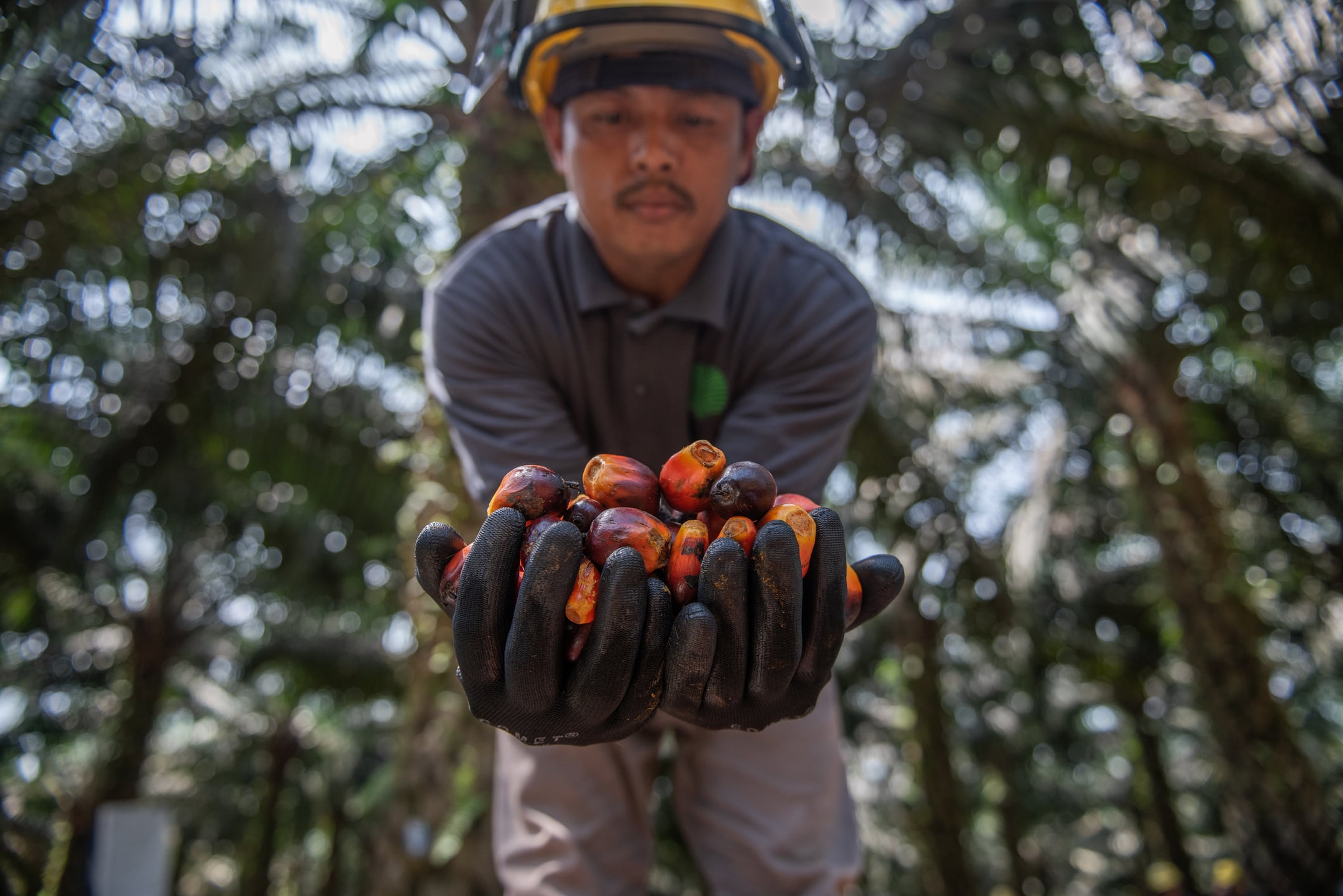The EU announced this week that the European Union Deforestation Regulation (EUDR) will be ‘simplified’ to ease the administrative burden for companies.
The total simplification measures will reduce administrative costs by an estimated 30%, according to the European Commission.
Simplification means fewer due diligence statements
Under the new simplification measures, companies will be allowed to submit annual due diligence statements, rather than statements for every shipment or batch placed on the EU market.
Furthermore, large companies are now permitted to reuse due diligence statements when goods that have previously been on the EU market are reimported, reducing the amount of new information needing to be submitted.
Members of company groups can also now appoint an authorised representative to submit due diligence statements on their behalf.
Large downstream companies now only have a “minimal” obligation to collect reference numbers from suppliers and use them for their own due diligence statements.
The goal of these measures is to reduce the number of due diligence statements that companies are required to file.
The commission is also finalising the EUDR’s country benchmarking, which will be adopted “no later than” June 30, 2025.
Products not covered by the EUDR
Along with updates to its guidance document and frequently asked questions, the Commission has also released a delegated act, which provides further clarifications on the EUDR’s scope and has been published for public consultation.
The delegated act clarifies which products are not under the EUDR’s scope. For example, certain palm oil products listed as under the EUDR’s scope can be manufactured with other commodities. The delegated act emphasises that these are only under the scope of the regulation if they are manufactured with the relevant commodity.
Furthermore, samples of products for analysis or testing do not fall under the scope of the EUDR, as they are of “negligible” value. Subjecting such products to regulation would not be “proportionate,” the document says.
While packaging materials do fall under the scope of the regulation, this is not the case when they are being used to support, protect or carry another product placed on the market.





